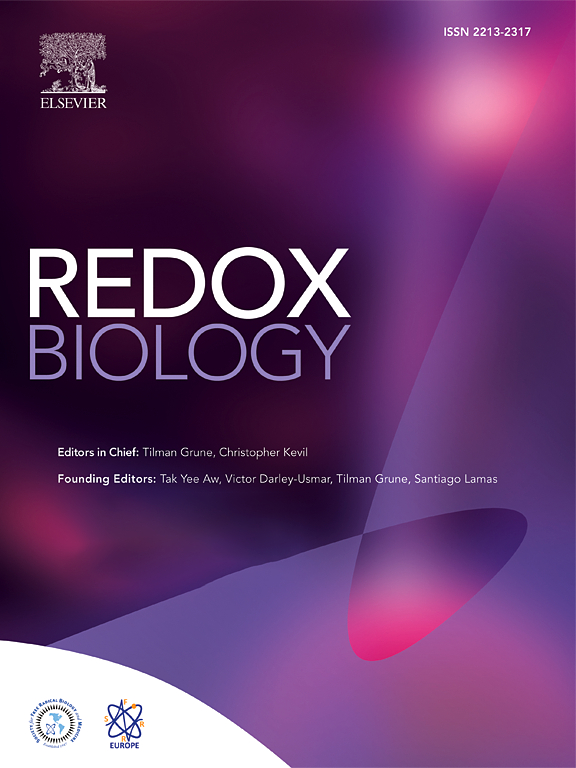化疗后凋亡的乳腺癌细胞通过LAP-competent巨噬细胞诱导促肿瘤细胞外囊泡
IF 10.7
1区 生物学
Q1 BIOCHEMISTRY & MOLECULAR BIOLOGY
引用次数: 0
摘要
化疗在乳腺癌的全身治疗中占有重要地位。然而,化疗后,左侧的活肿瘤细胞进展更大。为了进一步提高化疗对乳腺癌的治疗效果,迫切需要研究其潜在的机制,但目前尚不清楚。在这里,我们发现化疗诱导的凋亡细胞的促肿瘤作用,这是由一种新的巨噬细胞亚群进行lc3相关吞噬(LAP)介导的。通过在化疗后将外泌体S100A11转移到活的肿瘤细胞中,巨噬细胞表现出比经典m2型巨噬细胞更亲肿瘤的表型。此外,S100A11与IFITM3结合,诱导化疗后活肿瘤细胞Akt磷酸化,促进肿瘤进展。值得注意的是,Akt抑制剂可以提高乳腺癌化疗的治疗效果。本研究提供了肿瘤相关巨噬细胞与乳腺癌之间的新的机制联系,揭示了Akt作为提高化疗疗效的潜在治疗靶点。本文章由计算机程序翻译,如有差异,请以英文原文为准。
Apoptotic breast cancer cells after chemotherapy induce pro-tumour extracellular vesicles via LAP-competent macrophages
Chemotherapy is important in the systemic therapy for breast cancer. However, after chemotherapy, the left living tumour cells are more progressive. There is an urgent need to study the underlying mechanism which is still unclear to further improve the therapeutic efficacy of chemotherapy in breast cancer. Here we find a pro-tumour effect of the apoptotic cells induced by the chemotherapy, which is mediated by a new subset of macrophages undergoing LC3-associated phagocytosis (LAP). By transferring exosomal S100A11 into the living tumour cells after chemotherapy, the macrophage exhibits a more pro-tumour phenotype than classic M2-type macrophages. Moreover, S100A11 binds to IFITM3, inducing Akt phosphorylation of living tumour cells after chemotherapy, which promotes tumour progression. Of note, Akt inhibitor can enhance the therapeutic effcicay of chemotherapy in breast cancer. This study provides a novel mechanistic link between tumour-associated macrophages and breast cancer, uncovering Akt as a potential therapeutic target to improve chemotherapy efficacy.
求助全文
通过发布文献求助,成功后即可免费获取论文全文。
去求助
来源期刊

Redox Biology
BIOCHEMISTRY & MOLECULAR BIOLOGY-
CiteScore
19.90
自引率
3.50%
发文量
318
审稿时长
25 days
期刊介绍:
Redox Biology is the official journal of the Society for Redox Biology and Medicine and the Society for Free Radical Research-Europe. It is also affiliated with the International Society for Free Radical Research (SFRRI). This journal serves as a platform for publishing pioneering research, innovative methods, and comprehensive review articles in the field of redox biology, encompassing both health and disease.
Redox Biology welcomes various forms of contributions, including research articles (short or full communications), methods, mini-reviews, and commentaries. Through its diverse range of published content, Redox Biology aims to foster advancements and insights in the understanding of redox biology and its implications.
 求助内容:
求助内容: 应助结果提醒方式:
应助结果提醒方式:


